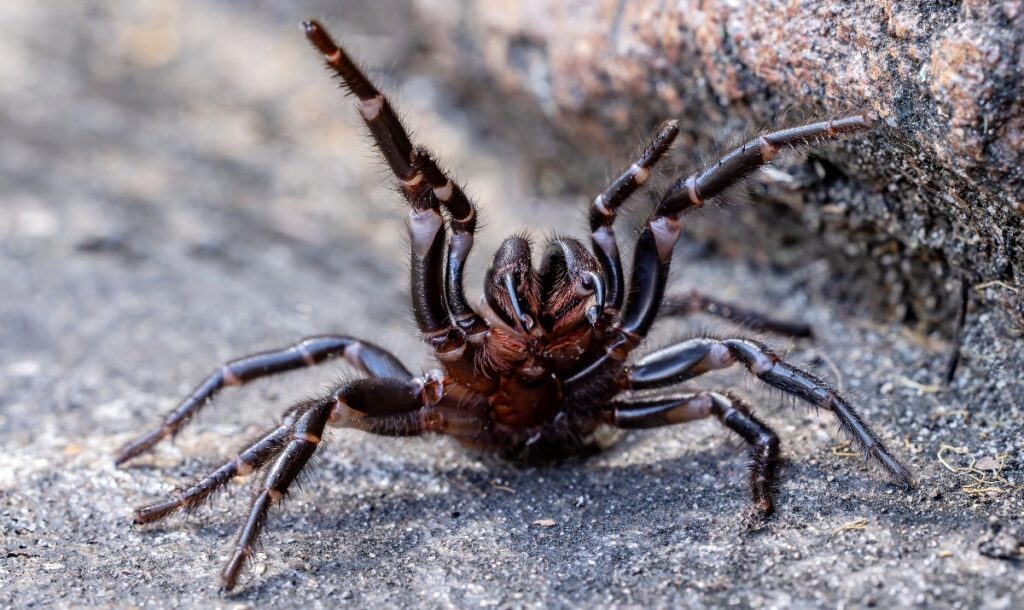As summer approaches in Australia, residents are being alerted to the presence of one of the nation’s most dangerous spiders, the funnel-web spider, during its mating season. This warning is not simply a precaution for people to avoid encounters with these venomous arachnids; it coincides with a unique call to action. Specifically, the Australian Reptile Park is seeking the public’s assistance in capturing live funnel-web spiders to extract their venom—a crucial component in producing antivenom. This initiative is especially important given the spiders’ potential lethality, as their bite can cause death within 15 minutes if untreated. Although there have been no fatalities since the introduction of antivenom in 1981, the reliance on collecting live spiders for venom extraction remains critical.
With recent weather conditions characterized by increased rainfall and rising temperatures ideal for spider activity, residents are likely to encounter these creatures more frequently as they venture out to find mates. Emma Teni, a spider keeper at the Australian Reptile Park, highlighted the urgency of the situation, emphasizing that the park depends heavily on public donations of spiders during this time. The task of milking venom is labor-intensive, requiring approximately 150 male funnel-web spiders to produce just a single vial of antivenom, making the involvement of the community essential to ensure an adequate supply for treating potential bites.
To facilitate safe collection, Teni has outlined recommended methods. She suggests using a wide-mouthed jar with a secure lid, since the spiders are unable to climb smooth surfaces like glass or plastic. To capture a spider, a long spoon or similar tool can be utilized to guide them into the jar. It’s important for collectors to include some damp soil in the container to maintain the spider’s environment, as this mimics their natural habitat. Ensuring the lid is tightly sealed before promptly delivering the collected specimens to designated drop-off locations is also crucial for the safety of both the collector and the spiders.
In addition to gathering adult spiders, Teni emphasizes the significance of collecting egg sacs if encountered during the process. These sacs can provide a sustainable source of new spiders, which are also necessary for antivenom production. This multifaceted approach not only supplies the immediate need for venom but also helps maintain a future stock for ongoing antivenom requirements, creating a self-sustaining cycle of spider donation and venom extraction that benefits both public safety and wildlife conservation.
Safety remains a top priority during this collection initiative. Teni urges the public to exercise caution while capturing funnel-webs, particularly in areas where the spiders are known to hide, such as dark corners of gardens, outdoor equipment, or even piles of laundry left outside. Being mindful of their surroundings will enhance both the collectors’ safety and the well-being of these vital spiders, who play an important role in the ecosystem. This mutual benefit underscores the importance of wildlife education and community involvement in essential conservation efforts.
The active participation of Australian residents in the collection of funnel-web spiders is a testament to a larger conservation effort, integrating public awareness with actionable measures. As the mating season progresses under optimal weather conditions, the collaboration between the Australian Reptile Park and the community signifies a proactive stance against the potential dangers posed by these spiders. Ultimately, by contributing to the antivenom production process, residents are not only safeguarding themselves but also fostering an environment of safety for all, reinforcing the critical relationship between human action and wildlife preservation.

